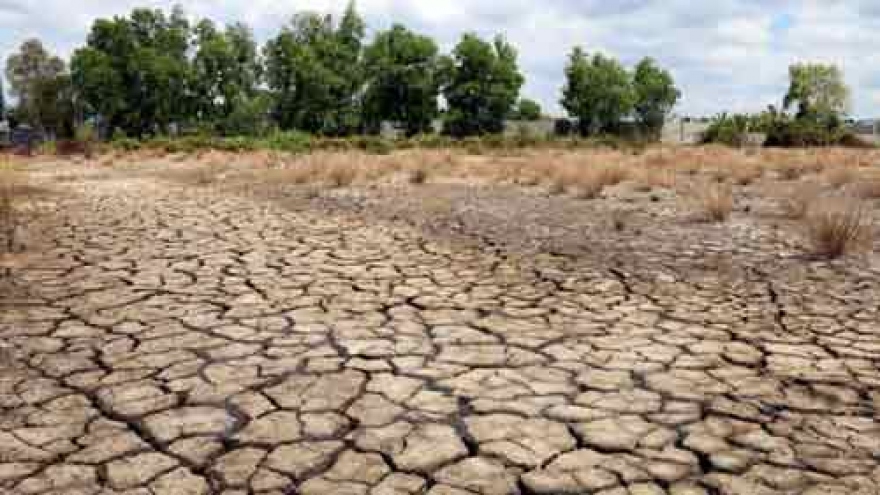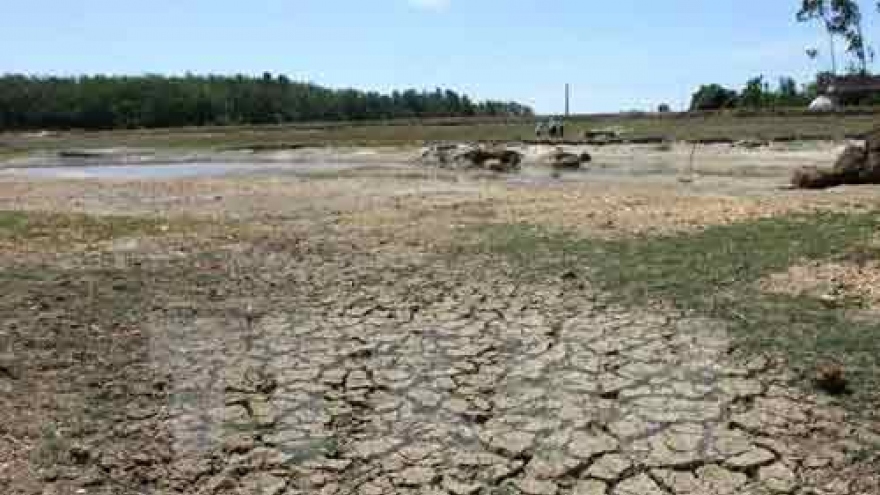Vietnam must prepare well for natural disasters
Vietnam needs to be well-prepared to cope with natural disasters, which have become more fierce and unpredictable in recent years, deputy head of the Ministry of Agriculture and Rural Development’s General Irrigation Department Tran Quang Hoai said.
 |
Speaking at a conference on preventing natural disasters held in Hanoi on May 20, Hoai said Vietnam has built legal policies and improved facilities to prevent natural disasters and overcome their consequences.
However, natural disasters have become more complicated and hard to predict. This showed that the nation’s current preparation work was no longer as effective.
In the future, Vietnam would likely face new types of disasters such as Probable Maximum Floods, floods resulting from a combination of the most severe meteorological and hydrologic conditions that could occur in a given area, or maximum rate of drought.
The Mekong Delta region has experienced changing on natural disasters. The region was previously flood-hit, but flooding did not occur last year and the recent drought and saline intrusion were reportedly the worst in the past 90 years, he said.
Authorised agencies must prepare for drought and salinity, as well as flooding. Droughts may be fiercer in the future due to countries from the upstream of Mekong river demand for water.
Hoai said the country must build better facilities and improve human resources and forecasting activities.
“Improving forecasting is very important as it will help us prepare for disasters,” he said.
He said there were two major river systems in the country with Vietnam located downstream. If disasters occurred, the country would suffer more severely than upstream nations. The country is participating in the Mekong River Commission to cooperate with neighboring countries on the use of water.
He also added that apart from preventative measures, the country must tackle natural disasters quickly as a one or two-hour-delay could cause huge loss of life and property.
When discussing this stormy season, Hoai said it was necessary to prepare essential equipment when natural disasters occurred, especially in 19 coastal cities and provinces. The safety of dams, dykes and other kinds of preventive works should be supervised, and the safety of fishermen should be assured.
He mentioned problems with dykes in big cities, which needed to be solved as they seriously affected the cities’ flood protection.
Figures from the National Steering Committee for Flood Prevention and Control showed that more than 150 people were killed and 127 injured due to natural disasters. Over 1,240 houses were collapsed, 35,230 others were unroofed, 445,110 hectares of crops were submerged, causing the losses of VND8.1 trillion (US$3.6 billion) in 2015.


